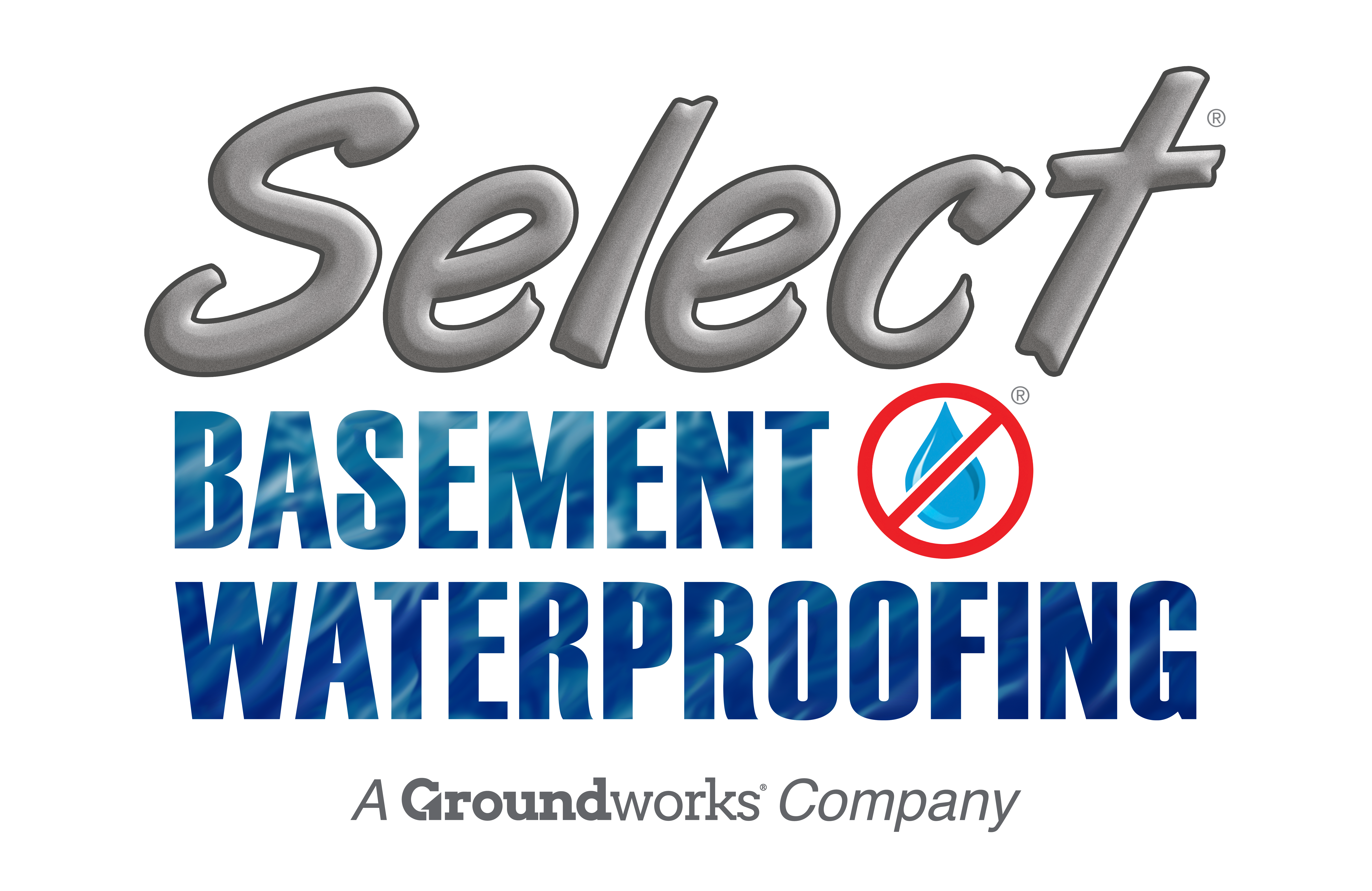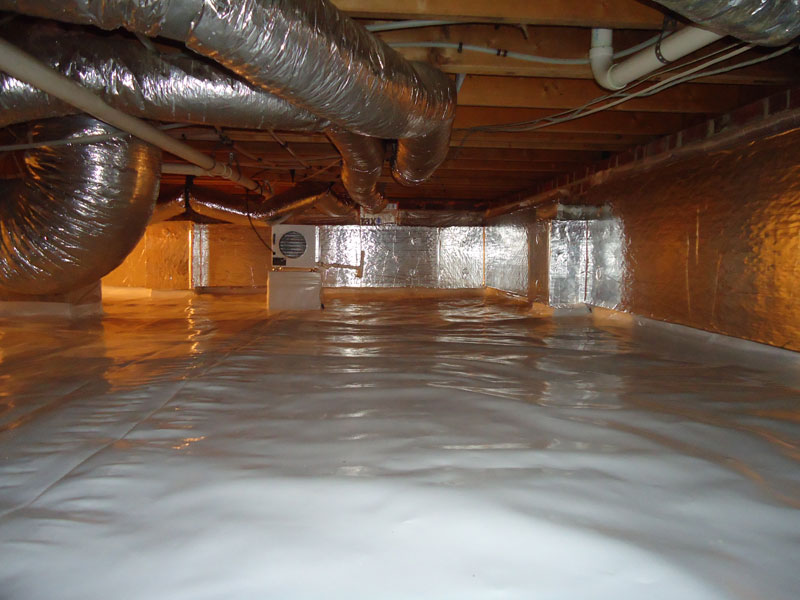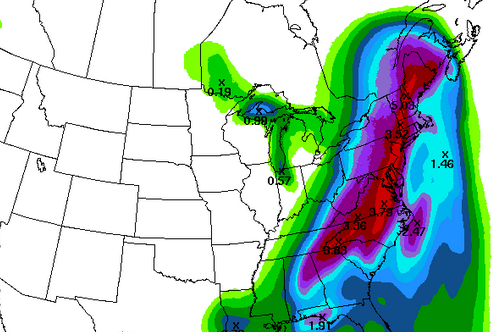Crawl Space Waterproofing Should be Done Before the Winter
Crawl space waterproofing is just part of preparing your house for winter. Waterproofing in general is about prevention and preparation. If you can prevent water from ever entering your basement or crawl space in the first place, then you can avoid water damages, mold growth and other contaminants from causing issues in your house.
Summer is the best time for crawl space waterproofing
Fall and spring tend to be the busiest time of year for waterproofing contractors. Homeowners tend to be reactive and only call a waterproofing contractor when the basement or crawl space is flooded. However, the best time to actually call a waterproofing contractor is before the rain starts. The truly best time to waterproof a basement or crawl space is in the dry summer months. These make for the best working conditions and waterproofing contractors are typically more available. If you wait until your basement is flooded, a good waterproofing contractor may be booked out for weeks. If you have a waterproofing contractor complete the crawl space waterproofing before the wet season, then you won’t have problems to deal with come spring.
Health issues with moisture in your crawl space
Remember, there are health issues that come with high moisture levels in the crawl space. There should never be standing water or moisture in your crawl space. Keep the relative humidity level at 50% in the crawl space. Any more than that will create the perfect environment for mold growth and rot. Mold spores are dangerous if people breathe them in. If mold is in the crawl space, you can’t think it won’t affect you. The air in the crawl space is actually transferred upstairs through a natural air exchange known as chimney effect. The air is pulled up from the lower levels of the house into the upper levels. More energy efficient building envelops actually create a bigger indoor air quality problem.
If these mold spores come into the air upstairs it can cause allergies, respiratory problems and exasperate asthma symptoms. While there is no proven cause for asthma in children, there are several theories that mold and biocontaminants in the indoor air are culprits. While it may or may not be the cause of asthma it has been proven to make asthma symptoms worse.
Contact us for a FREE Estimate!


